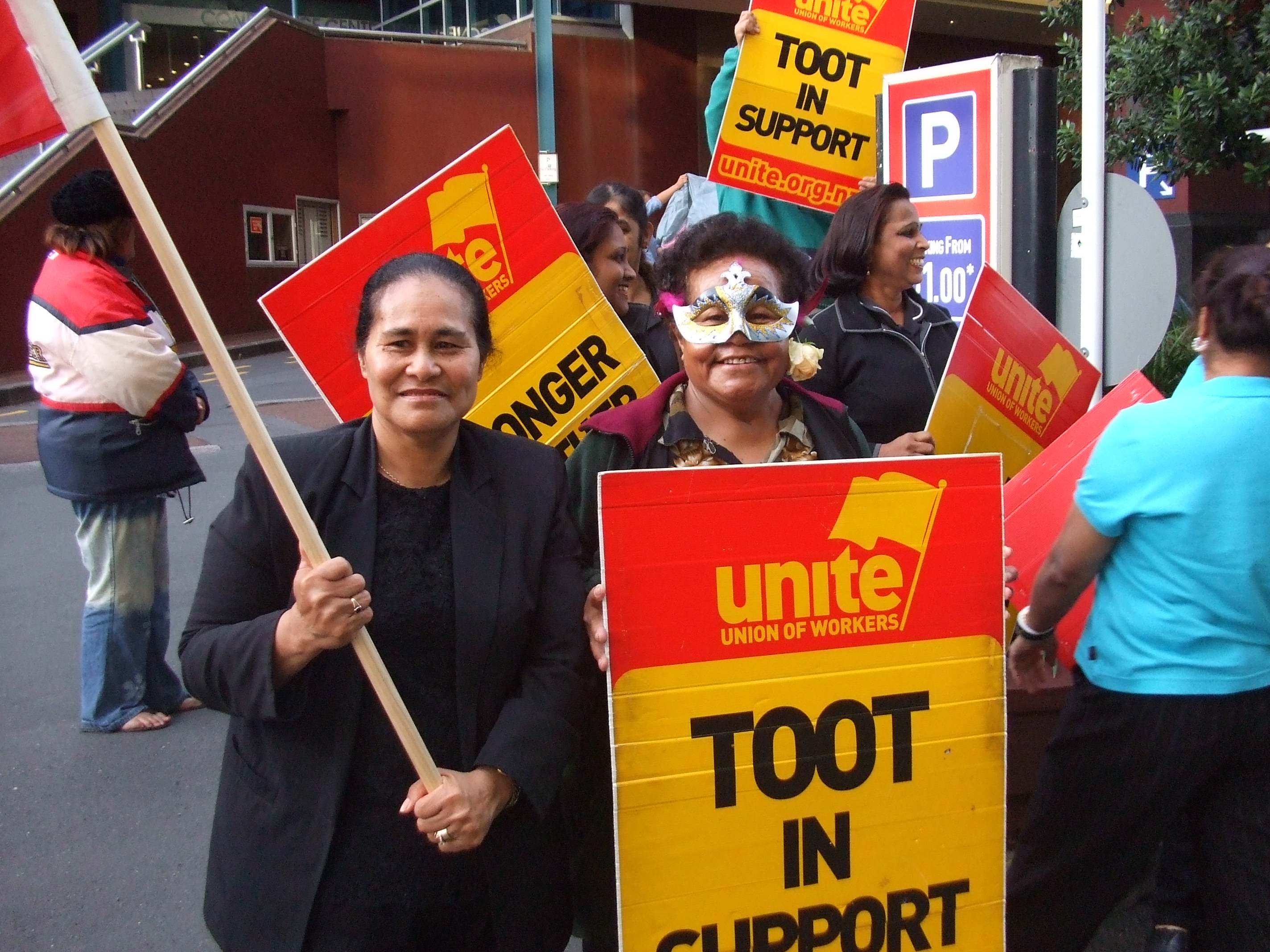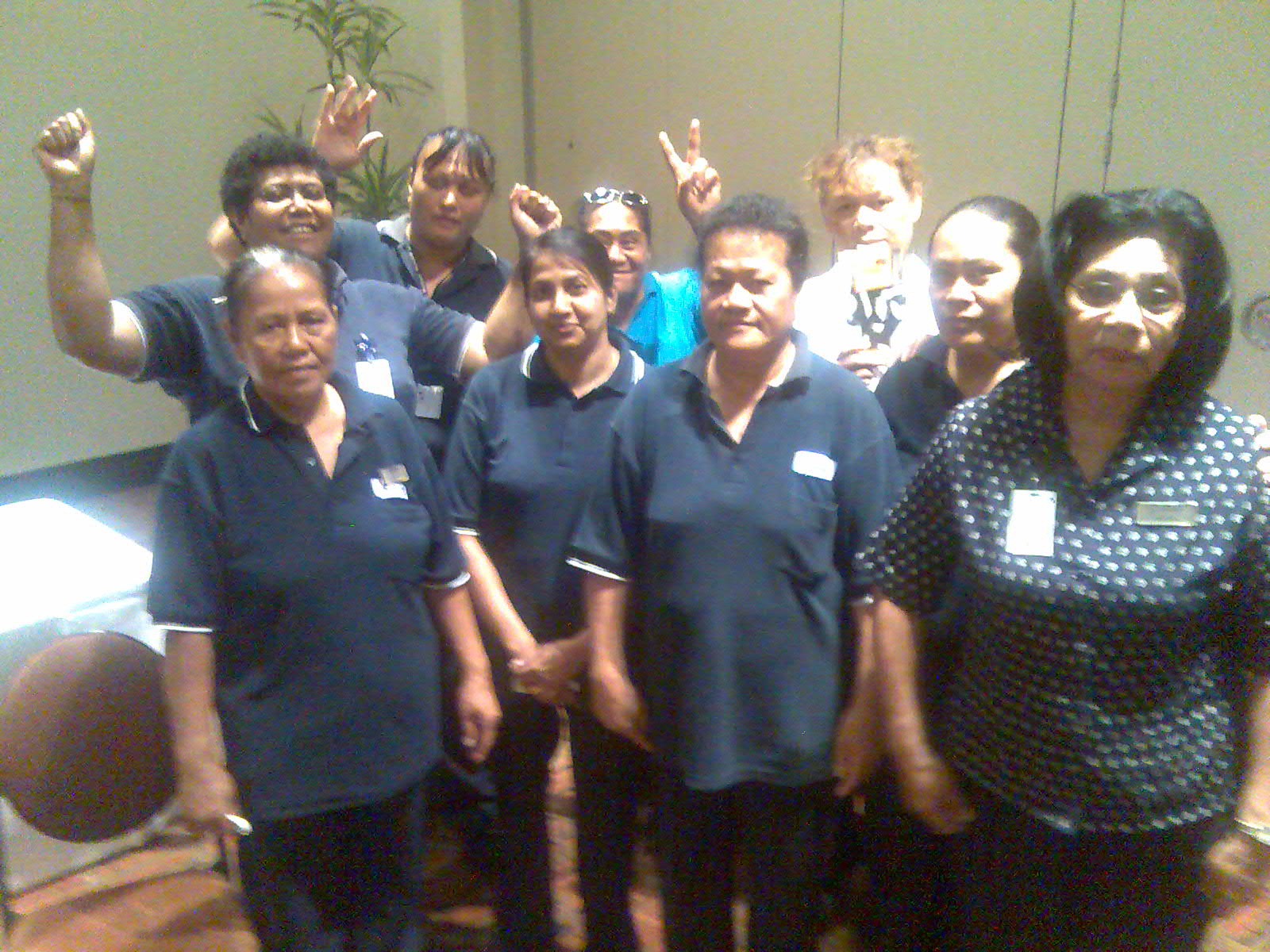Jared Phillips The Spark April 2009
Resulting from the Job Summit in February, the government has now announced the introduction of the Job Support Scheme. At the time of writing, between 20-30 companies have taken up the government’s offer. Who benefits from the 9-day working fortnight?
In the past socialists have successfully fought for a shorter working week for the same pay. This has happened in the construction industry in Australia and in the meat industry in New Zealand. We need to raise these arguments again and also raise them at a higher level. Continual productivity gains make it possible for us to move to a society in which workers can consciously organise and limit the amount of time spent working while increasing their leisure time. Oppositely, under the capitalist system, the lives of the working class are organised by the rhythms of production. This is clearly the case when we look at the way hours of work are currently being re-regulated. Continue reading “Shorter work-hours: They say less pay, we say more pay”






 have a new collective agreement with improved wages and conditions. Their actions included 50 strikes in dozens of stores from Whangarei to Hamilton and a protest outside the company’s national conference. There was a real fighting spirit at several stores, and the vote to settle was only passed by a narrow majority.
have a new collective agreement with improved wages and conditions. Their actions included 50 strikes in dozens of stores from Whangarei to Hamilton and a protest outside the company’s national conference. There was a real fighting spirit at several stores, and the vote to settle was only passed by a narrow majority.